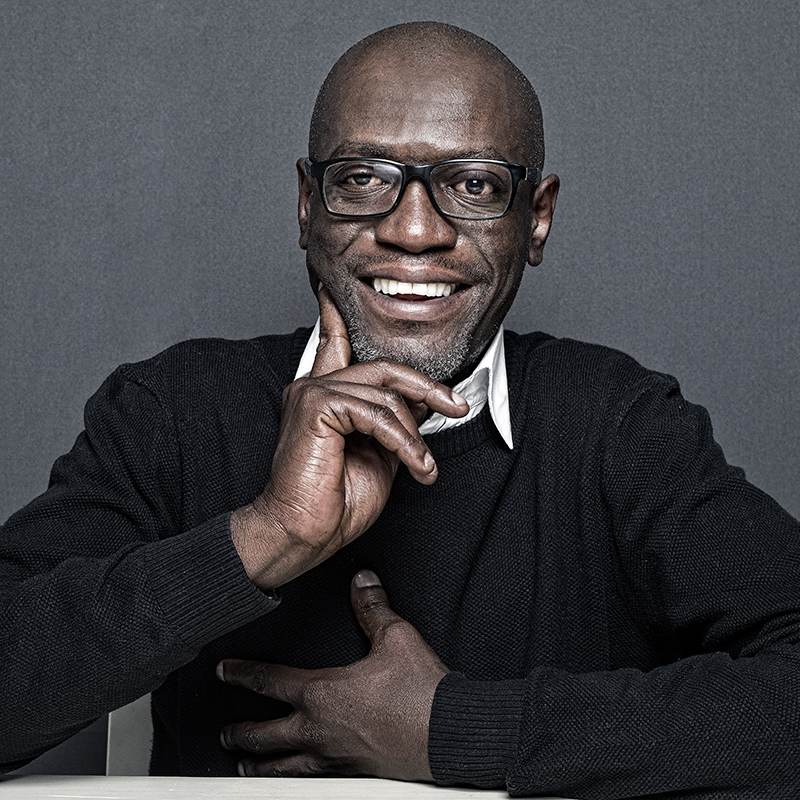Vodacom Groups hails Amazon’s Starlink rival Project Kuiper
A partnership between Vodacom Group and Amazon will fuel the acceleration of low Earth orbit (LEO) satellite, providing wider availability of 4G and 5G services across Africa, it has been revealed.
Vodacom Group, which today gave a trading update for the quarter ended 31 December, said it was collaborating on Project Kuiper, Amazon's LEO communications effort.
According to Amazon, Project Kuiper is an endeavour to improve worldwide internet connectivity with a network of 3,236 low-earth orbit satellites.
“Its mission is to bring fast, affordable broadband to unserved and underserved communities around the world,” says Amazon.
It will go into direct competition with SpaceX’s Starlink service, the forerunner in the LEO communications space.
Vodacom said: “Project Kuiper adds to our satellite partnerships that will extend the reach of 4G and 5G services to more of our customers in Africa and in particular in areas that may otherwise be operationally challenging or prohibitively expensive to serve via traditional fibre or microwave solutions.”
This partnerships comes as the telecoms industry is advocating for satellite networks to improve connectivity in developing nations.
Doreen Bogdan-Martin, secretary-general, International Telecommunications Union, recently said satellite networks are critical for improving access to information, and can assist re-establishing the United Nations’ Sustainable Development Goals.
“With 2.6 billion people still offline worldwide, satellites are a critical part of our toolkit to connect the unconnected. Innovative space-based technologies offer increasingly economical connectivity for remote and underserved people and communities, including in the least-developed countries where about two-thirds of the population remains offline,” she said.
In South Africa, Vodacom’s home market, the use of satellite tech came under the spotlight at the launch of the Association of Communications and Technology last August, as telcos and the country’s communications minister agreed on using the technology to drive SA’s developmental agenda.
Globally, the satellite services industry is in a rapid development phase, prompting local tech executives to close rank, agreeing to tap into the technology in driving SA’s digital transformation agenda, enhance connectivity and promote digital economy.
However, regulatory hurdles exist. Despite operations starting and plans being announced in some African markets, the entry of Starlink into South Africa, has yet to happen, with industry sources stating that local ownership regulations and licensing requirements are stalling any imminent service launch.
